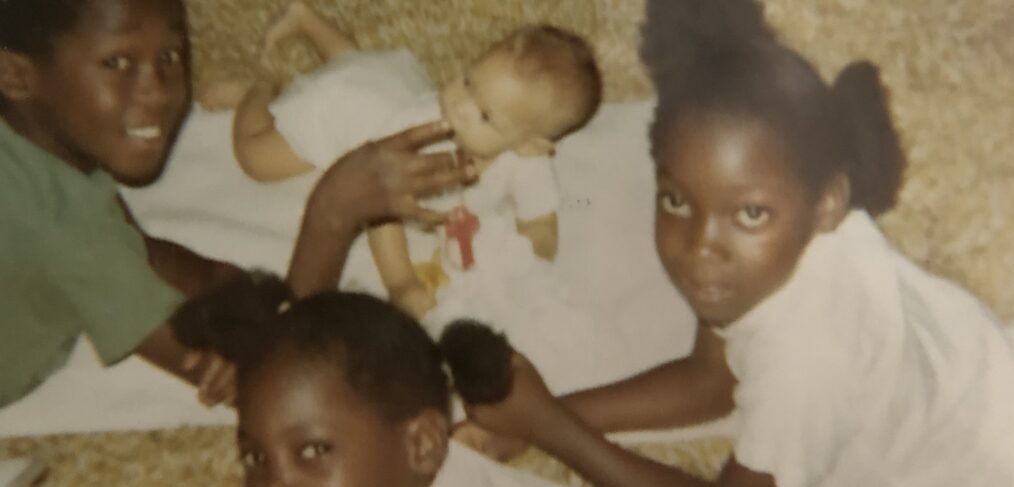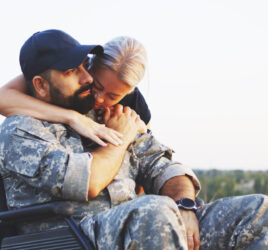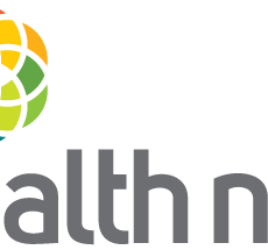
Unlearning Learned Behavior
By Carrie Pittman
My parents married just 2 years after the Supreme Court ruled interracial marriage was legal in the United States. I was born 2 years after that, and by the time I was 7 years old, I learned to rank people based on their race. In doing so, I ranked myself.
My skin wasn’t as dark as my sister’s, so naturally I had an advantage. I couldn’t place my finger on why. I just knew. Despite my skin color and features not measuring up to the majority, I knew I could make up for it by speaking, acting, and changing some of my physicality to resemble them. It was my chance to level up.
And that’s why I benefit from privilege. As a half-black woman, the fact I happened to have been dealt a lighter skin tone led to greater tolerance, and as a result, more opportunities for success in life. Sure, I had to work twice as hard as my white peers. Of course, I repressed the sting of racist remarks along the way. At least I had the opportunity to convince them I was worthy!
I have three half-siblings born a decade earlier who never had that chance. They have much darker skin. They never had an opportunity to attend college much less be viewed as equal citizens. As I grew into adulthood, this fact became painfully obvious. As I struggled to maintain the rank I worked so hard to achieve, I reckoned with the guilt that got me there.
I don’t claim to understand how structural racism affects black lives. What I do know is that I have benefitted from it, and am therefore responsible for unlearning the behavior that led me here.
For years, I was convinced that if I just worked harder than everyone else, I could reach the same level of success as my white colleagues. I quickly learned that everyone’s experience is different, and opportunities are not handed out just because one works hard.
With this acknowledgement came understanding, and with understanding, empathy. Empathy helped me undo some of my learned behavior, and reinforced my understanding of others experiencing challenges more difficult than my own.
Listening to and understanding black voices that have intentionally been relegated to a subpar standard by centuries of systematic racism can unlock an ability to see how learned behavior may be part of the problem. Unlearning these negative behavior patterns is possible, and a topic our Better Choices, Better Health® (BCBH) workshops address. Support from a community of peers is proven to help trigger new, healthier behavior patterns.
Right now, our community of peers is protesting every day to help the world view things from a different perspective. If we’re willing to look through their lens, we can begin to reckon with years of learned behavior that may be contributing to barriers to own success – and more importantly, to the success of the very community that seeks our understanding.


